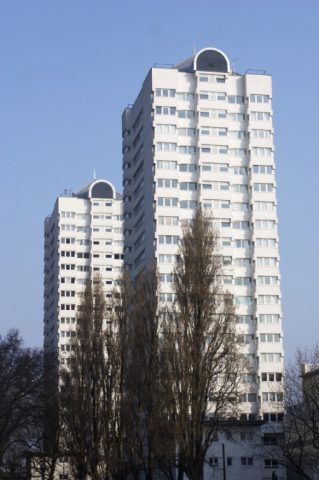Most New Million-Pound Postcodes in Wandsworth
The London Borough of Wandsworth, in the south of the capital, is the area with the most new million-pound postcodes in the past year, according to Which? Mortgage Advisers.
The figures also reveal that prices are rising across London, with the traditionally working-class borough of Hackney seeing as many new million-pound postcodes as upmarket Kensington and Chelsea.
In the last 12 months, Wandsworth had the highest number of postcode areas in which two or more homes were sold for £1m for the first time.
Using statistics from Land Registry, Which? found that out of 10,007 postcodes in Wandsworth, 284 (2.8%) had two or more properties sell for £1m or more for the first time in 2014-15, adding to the total of 715 million-pound postcodes already in the borough.
Analysis of data across the capital reveals that expensive areas are multiplying.
Wandsworth’s neighbouring borough, Richmond upon Thames, saw 205 new million-pound postcodes, or 2.7% of the total, and Hammersmith and Fulham was in third place, with 183, or 2.6% of the total number of postcodes.
These areas are typically more expensive, but the borough of Hackney has always been associated with being cheaper. However, it now has the same number of new million-pound postcodes as Kensington and Chelsea.
Housing campaigners have noted the rising gentrification in Hackney, which has caused 2% of its postcodes to house million-pound properties for the first time this year.
As these figures are based on the amount of postcodes passing the £1m mark for the first time, other boroughs exceed Wandsworth by far in the total number of homes selling for these prices.
In Westminster, for example, 571 houses were sold for £1m or more in the past year, compared to 392 in Wandsworth.
However, Which? has revealed that some parts of London are still relatively affordable. In Hounslow, the average property price is £326,000, with just 0.6% of its postcodes becoming million-pound spots for the first time in the past 12 months.
In Lewisham, the average house price is £330,000.
Buyers hoping for a lower price should also consider Barking and Dagenham, as it is the only borough in the capital that has still not seen a home sell for over £1m.
But the data still highlights the difficulty most buyers face when searching for a property in London, with all but the wealthiest being priced out.
And with the average price in London expected to hit £1m by 2020, (read more here: /average-house-price-to-reach-300000-in-the-next-three-months/) buyers should look to take advantage of today’s prices.


